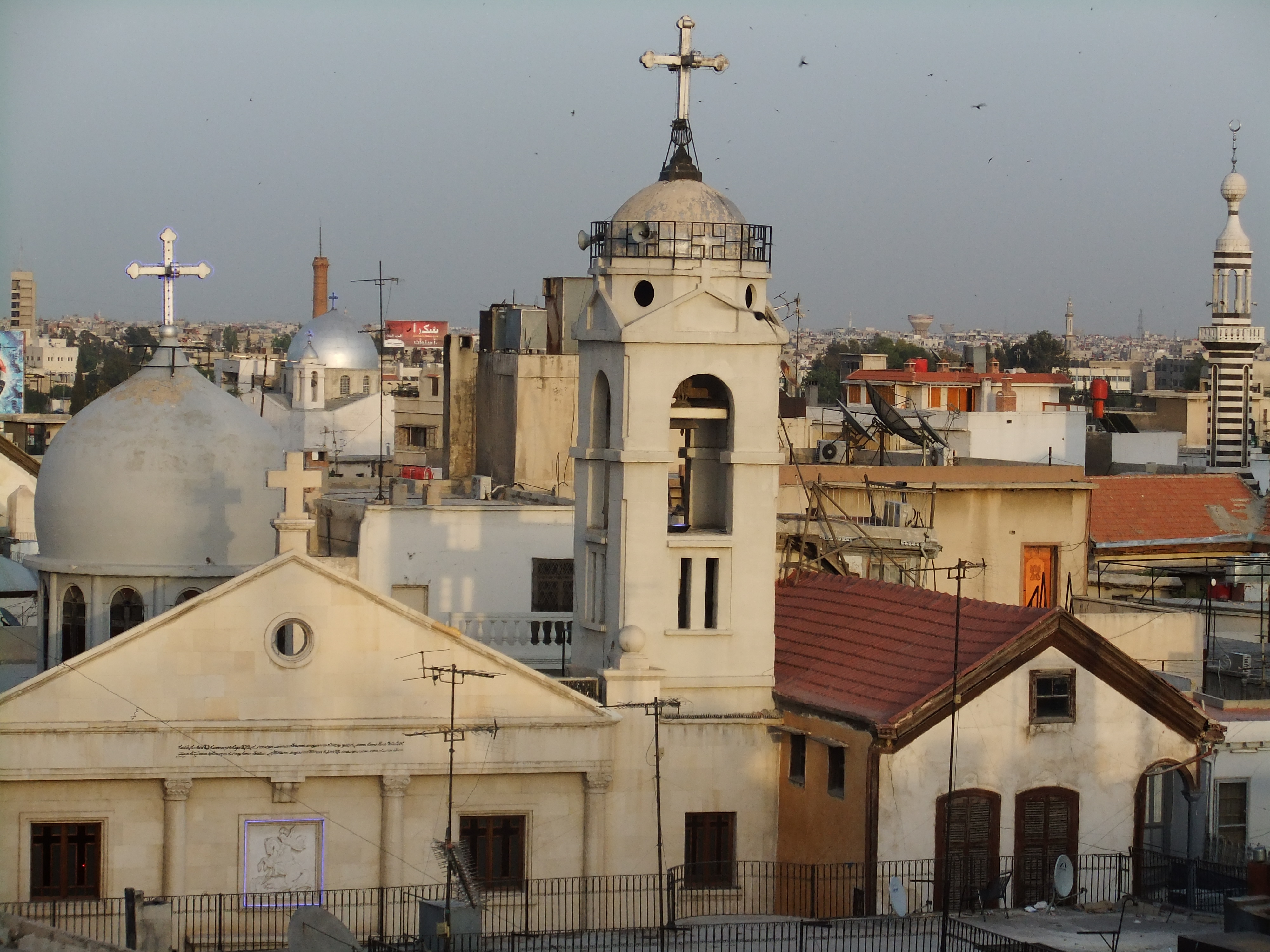Recently a friend who is a Christian of Lebanese origin asked when I am going to write about the persecution of Christians in the Middle East. We sat down for most of an afternoon to talk, revisiting what is happening there and what might be done about it, even as we recognized the limits of our country’s power to affect outcomes.
Some of what is occurring must surely be a crime against humanity. One egregious example is the brutality inflicted by Islamic State extremists who are attempting to impose a fundamentalist caliphate in territory that straddles the failed states of Iraq and Syria.
Last summer Islamic State fighters captured large swaths of territory, including Mosul, Iraq’s second largest city. Christians and members of other minority groups were given a stark choice between converting to Islam or dying. Most chose to flee.
Christian exodus
The Christian population of Mosul at the time of the U.S. invasion in 2003 was estimated to be 35,000, but in the ensuing chaos and violence all but a few Christian families have taken flight. Estimates are that in Iraq the Christian population has declined from 1.2 million in 2003 to fewer than 500,000 today and more are leaving all of the time.
In fact, a Christian exodus from the Middle East has been occurring for decades, a great irony considering that countries such as current day Iraq and Syria were among the early cradles of Christianity.
It is important to note, however, that members of other minorities are also being targeted by the Islamic State militants. In Iraq last summer that included members of the Yasidi, Turkmen and Shabak minorities. It is also true that Shia Muslims are the most frequent victims of their Sunni co-religionists.
Further, Muslims, Christians and other minorities have lived in these communities for centuries in relative harmony. It is the arrival of violent and well-armed jihadists and not local community tensions which has led to this persecution.
Christians important in Middle East
Kamal Salibi, a now deceased Lebanese academic, told British writer William Dalrymple that the disappearance of Christians from the Middle East would have important and negative consequences. Salibi wrote an important book called A House of Many Mansions, in which he talked about the important contributions that both Christians and Muslims have to make in the Middle East.
“If Christian Arabs continue to emigrate,” Salibi said, “the Arabs will be in a much more difficult position to defend the Arab world against Islamism. Everyone is frightened by the spread of fundamentalism.”
Our Prime Minister and the opposition parties have condemned the persecution of Iraqi and other Christians, as they must. Our government has also sent war planes to participate in bombing against Islamic State militants, but that means civilians will inevitably die in those attacks as well. Pope Francis has called for dialogue, peace and prayers. He has cautioned that, “Violence isn’t overcome by violence.”
The conflicts in Iraq and Syria have created hundreds of thousands of refugees who are living in camps in Jordan, Lebanon and Turkey, overwhelming the ability of those countries to accommodate them.
Syrian refugees to Canada
Canada, after dragging its feet, has now announced that it will resettle 10,000 Syrian refugees over the next three years. The government has also said, however, that it will focus on resettling Syrian refugees who are Christians. That is a mistake and an attempt by the Conservatives to play to their base. Governments should not draw distinctions in the religious persuasion of refugees.
Human rights include religious rights
There has been much talk about protecting the religious rights. We should rather insist upon the protection of human rights, which are even more fundamental. Protecting human rights will by definition apply to religious rights, just as they apply to protection against discrimination and persecution on the basis of race, gender and sexual orientation.
This piece appeared in briefer form on my blog for the United Church Observer on January 15, 2015.



